Zanab Alvi | February 22, 2021
The Monday Media Diet with Zanab Hussain Alvi
On Iran, blogs, and breeding plants
Recommended Products
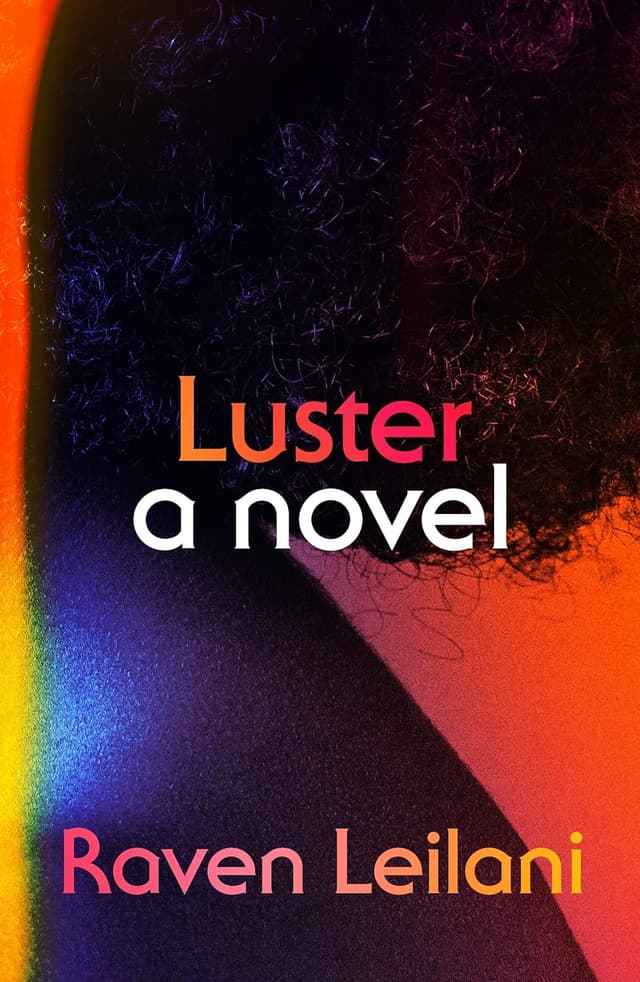
A novel by Raven Leilani.
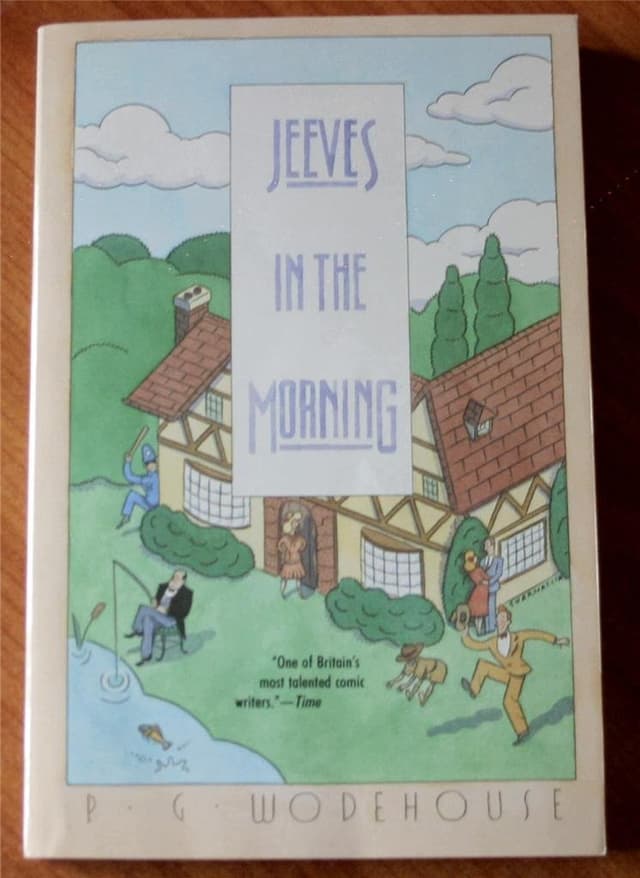
A book by PG Wodehouse.
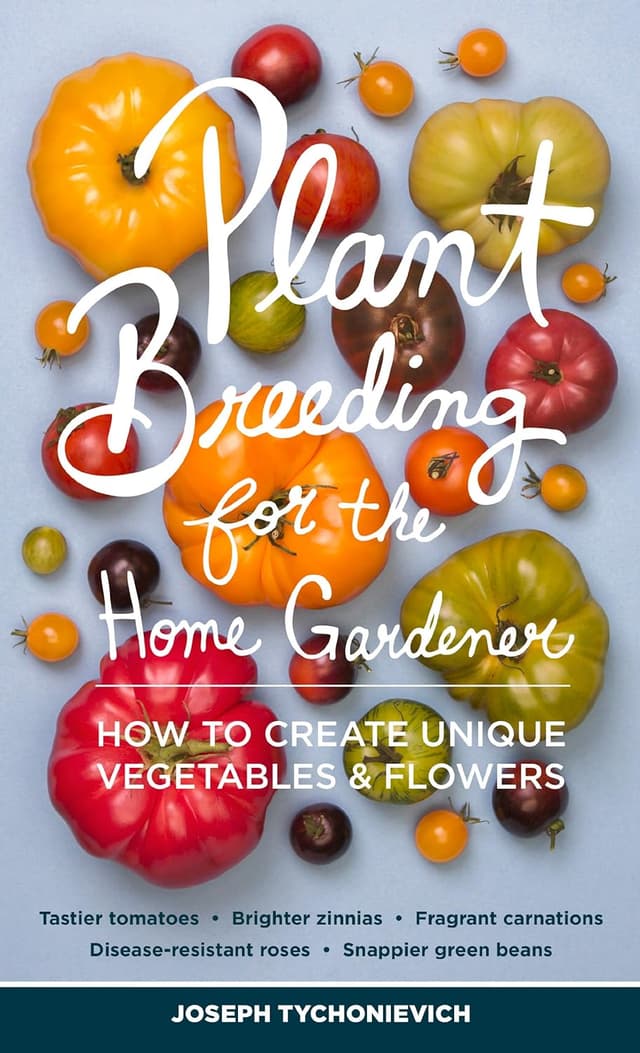
A guide on plant breeding for home gardeners by Joseph Tychonievich.
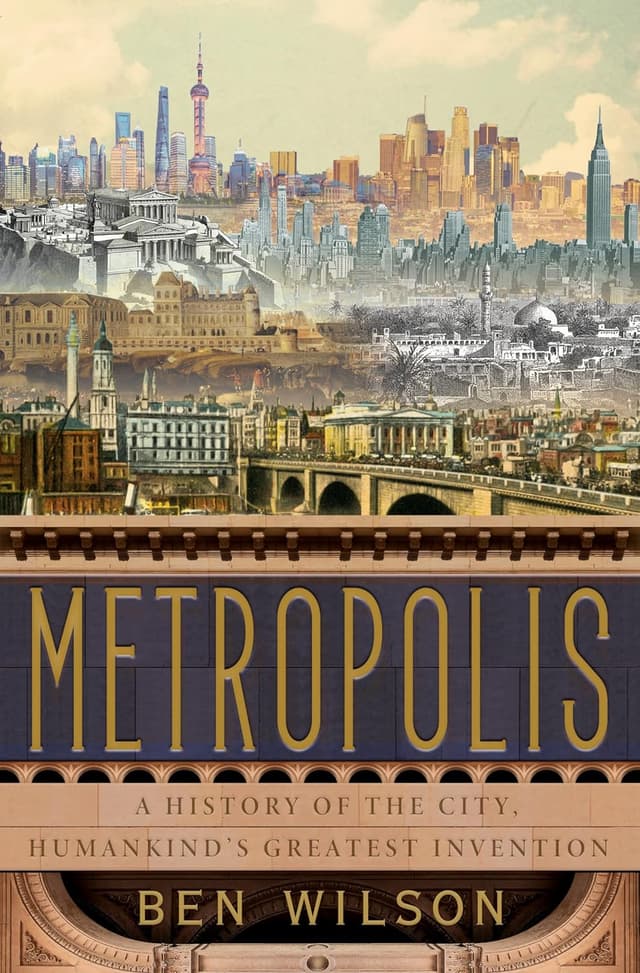
A book on the history of cities by Ben Wilson.
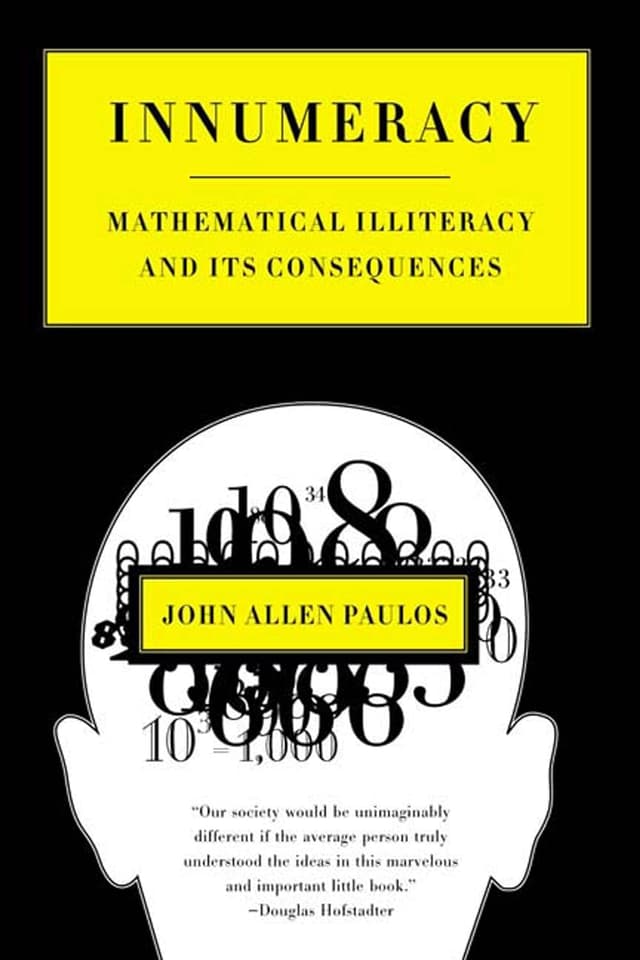
A book about mathematical illiteracy and its consequences by John Allen Paulos.
Zanab (ZHA) is one of my oldest friends. She writes long this morning, which though she thought I was going to edit, I am not! There’s a lot of smart and contrarian thinking here, it is all worth your time and I am thankful for her slowing down and getting deep. Come back to it if you need to, there’s high signal stuff here. Have a good week. -Colin (CJN)
Tell us about yourself.
Warm introvert, dark optimist. People often tell me I come across as extroverted but I find human contact draining. The pandemic was good for me in the sense that without the day-to-day pressure to be visible, something clicked into place. I started a little pop-up company that I knew had a finite beginning and end and didn’t feel connected in any way to my identity or things that much matter to me, and that took a lot of the pressure away. I didn’t care enough to noodle on decisions forever or let any part of it be a proxy for my self-worth.
An undiscriminating and boundless and very often stupid curiosity drives most of my actions. The way other people ingest information and make sense of the world fascinates me endlessly.
By ‘dark optimist’ I mean that I nearly always try to consider the worst case scenario and assign a likelihood to it. Explaining the ways in which we are likeliest to die or suffer needlessly is not my husband’s love language but I had the good luck to marry the kindest person I have ever met. Technically I’m a data scientist, but I’ve decided to focus on doing one-off projects that seemingly have no through-line or rules other than they have to result in some tangible end product and can’t take more than six months to come to fruition. Our family splits time between New York City and North Fork.
Describe your media diet.
I feel a bit self-conscious answering this because my reading habits are pathologically weird. It felt like the signal-to-noise ratio has been steadily dropping across most media platforms, traditional and social. I hit a spiritual bottom with Apple News after they served me an article about cutting remarks John Stamos’s son left on his Instagram.
Prior to the pandemic I loved getting the print edition of FT Weekend but since we’ve been on the North Fork, I’ve mostly been reading books.
The last best thing I read was the blog of some random British woman at the edge of the Cotswolds, writing about cross breeding heritage varieties of peas like Gregor fucking Mendel and how to save seeds to cross breed your own plants. Her last post was two years ago. There’s something about the longer format and distribution or, rather, lack of distribution that makes blogs so special. It was interesting to me because it was interesting to her. I didn’t have to like, subscribe, or make an ongoing commitment to continue to read her blog. She wasn’t selling anything. It felt so refreshing and wholesome to consume information that no one was really trying to actively monetize. She wasn’t trying to be a “plant influencer” but it did reshape what I thought was accessible to me. I have no idea if she’s conventionally attractive, nor do I care. The contrast makes all these apps and their onslaught of notifications seem so absolutely desperate.
Podcasts have absolutely no respect for my time. Most of them could be five minutes.
What’s the last great book you read?
Luster by Raven Leilani. The cover design did less than nothing for me and this sat on my desk for a month before I picked it up. Such a brutal mistake. Leilani’s prose is exquisite and reminds me of being a dirtbag in my 20s. Jeeves in the Morning by PG Wodehouse. I’ve re-read three of Wodehouse’s books since the new year. He’s a master of situational irony and laugh-out-loud funny. Though it’s perhaps not in vogue to suggest books about old, rich, white colonizers, it does make for a cozy read in front of the fireplace.
What are you reading now?
Plant Breeding for Home Gardeners by Joseph Tychonievich. Did you know that cauliflower, kale, broccoli, brussels sprouts, romanesco and cabbage are all cultivars of the same genus and species? Brassica oleracea. You could make some kind cruciferous Frankenstein’s monster with kale and cauliflower.
Metropolis by Ben Wilson. This is a great read if you’re at all curious about cities. I’m trying to cross reference some of the facts and figures from Scale by Geoffrey West so it’s a little slow going.
What’s your reading strategy when you pick up a print copy of your favorite publication?
These days my reading strategy is to distract my kids, which requires playing the long game. We’ve instituted quiet rest for 30 minutes after lunch, which means that my two children have the option of reading a book or whatever passes for quiet contemplation at their tender ages. They’re both functionally illiterate so the newly minted four-year-old likes to look at wimmelbuchs, which are basically just really detailed picture books where kids can sort of imagine a narrative. The pandemic baby either attempts to eat a board book, or clangs together two wooden objects and laughs like a bully from an ‘80s movie.
Then I like to look at the front page or cover to get a sense of what the editors thought was noteworthy. I look at the table of contents or flip through the whole thing once quickly to see if any pull quotes or random words catch my eye. If it’s The New Yorker, I always check to see if Dexter Filkins has written anything and start there. Otherwise I use my left hand as a bookmark to mark the interesting pages, make a quick mental note of the page numbers, and start from the first one that looked good.
Who should everyone be reading that they’re not?
I’m aware of the purpose of this question, and I much prefer when people answer it straightforwardly because this is the best part of Monday Media Diet, but I’m not equipped to answer that right now because I think we all need a hard reset on media consumption and to turn inward for a spell.
Everyone should be reading their own writing to try to understand themselves better. We all write in some form, even if it’s just text messages to friends or half-completed to-do lists. Go through your text messages and letters to your best friends and favorite family members or even just random musings in your favorite note taking format and figure out what it is that moves you when you’re not being a memelord or a mom or an employee. Make a playlist for someone you love. Make a playlist for me.
OK, but also read Innumeracy by John Allen Paulos.
What is the best non-famous app you love on your phone?
Libby. It’s the library on your phone. You put in your library card and you can check out books digitally. PictureThis. It’s a bit pricey but it’s the most reliable plant identification app I’ve found.
Plane or train?
Train, especially between cities within a country, unless I’m due for a good cry, in which case a long-haul flight and a plane movie, preferably about a sports team that’s down on their luck but they’ve got a lot of heart. My childhood dream was to take the Trans-Siberian railway for a honeymoon but a few weeks before our wedding, my husband had to ride on top of a train through Central America and Mexico and showed up to our wedding covered in large welts from tree branches whipping across his body. We decided to keep that trip in our back pocket but it still makes me laugh every time I think about it.
What is one place everyone should visit?
Iran. There is no lovelier country. Every city has garden after lavishly kept garden and unlike the English variety, which are designed to be walked through, Islamic gardens are meant to be enjoyed in repose. They’re a sensory experience of redolent flowers, murmuring water features, and the cool shade of fruit trees. When it comes to picnics, Iranians will throw down anywhere. I’ve seen an 11-person family bring their own grill and samovar for brewing tea to a grassy median near a busy intersection in the middle of Tehran. In the northeast of the country, there are so many outdoor cafes where you can sit on a rug on a raised platform next to a waterfall and feast on an entire side of lamb like a fat Iraqi man. No one can hear your ravenous chewing over the ambient background of water coursing over large rocks. Sometimes a light fog will create pockets of complete privacy. The people are warm and so gentle. The way they speak is a kind of poetry, which is also to say that it’s sometimes hard to parse and otherwise difficult for Americans who are accustomed to a more direct, forceful manner of communicating.
At the risk of exposing my childhood self as insufferably American centric, I had this theory growing up that the measure of a society was their ability to produce high-quality ketchup. You know, the ketchup index. In spite of (or perhaps because of) sanctions, their ketchup is perfect. Prior to visiting, I read a lot about the history of US-Iranian relations and was absolutely floored by the arbitrariness of actions we’ve taken against them: a coup of their democratically elected leader in 1953, the disproportionality of Iran-Contra, arming and supporting Saddam Hussein’s unilateral war against them, Bill Clinton rebuking their attempt to repair the relationship by offering America an oil contract and having sanctions slapped on them as a response. Also, if you’re at all interested in ecological design, they’ve been passively cooling their homes for thousands of years.
Tell us the story of a rabbit hole you fell deep into.
At the beginning of the pandemic it occurred to me that I didn’t know the threshold for societal breakdown that leads to complete collapse, but that it would be a reassuring thing to know. I started reading about times when society had broken down, like it did in 1177 BC. A history professor by the name of Eric Cline did a great video about it, but what absolutely blew my mind was how long civilizations have been interdependent. The creation of non-toxic bronze requires raw materials from different parts of the world. Copper was largely coming from the island of Cyprus and tin was coming from Afghanistan. Thousands of years ago! On shitty little boats! So that got me thinking about cultural exchange and particularly how foods, ideas, and customs spread, particularly from the East to the West. I ended up chasing down threads relating to food, gardening, and architecture, but at some point the internet stopped offering useful information so I went on a spree at Abebooks. I found out that herb and vegetable preferences vary dramatically from region to region and remarkably, a lot of foreign-origin plants are commercially available in the states. Maybe the idea of societal collapse also triggered some kind of panic survival instinct, but this weird internet rabbit hole led to my next project. I designed a very small Islamic-garden inspired potager. It’s just a little kitchen garden but I’m growing Indian melons, Iraqi tomatoes, Iranian basil, eggplants from everywhere. I haven’t had a vegetable garden since I lived at my parent’s, so it was nice that some weird internet rabbit hole that started out in a very dark place resulted in something beautiful and tangible. (ZHA)
Thanks for reading,
Noah (NRB) & Colin (CJN) & Zanab (ZHA)
—
Why is this interesting? is a daily email from Noah Brier & Colin Nagy (and friends!) about interesting things. If you’ve enjoyed this edition, please consider forwarding it to a friend. If you’re reading it for the first time, consider subscribing (it’s free!).
